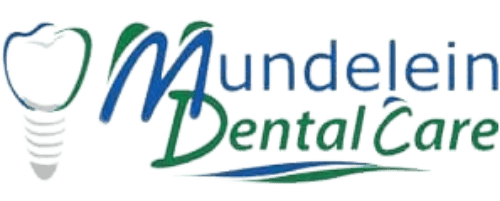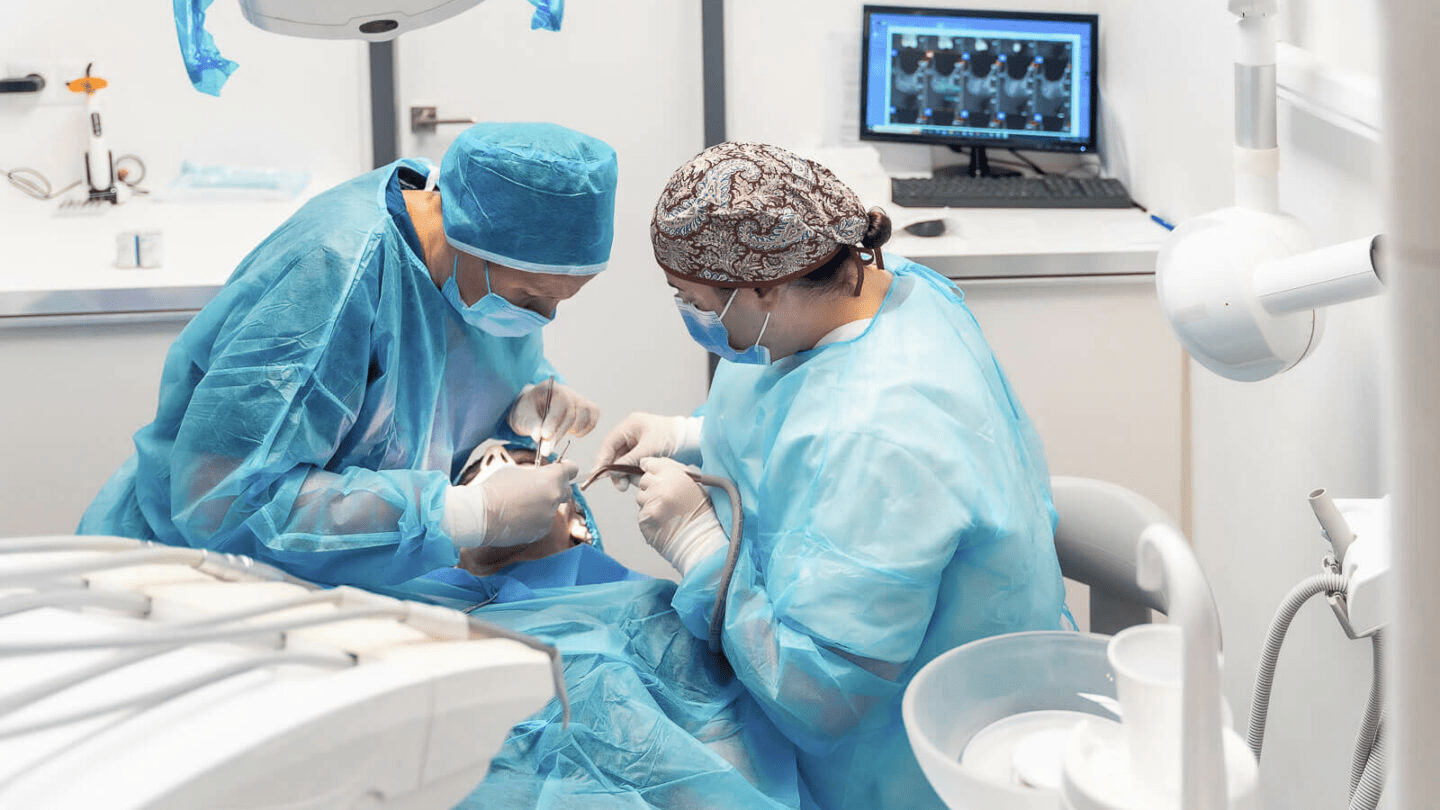What is a maxillofacial surgeon, and what do they do? Simply put, a maxillofacial surgeon is a specialized medical professional who diagnoses and treats conditions related to the face, mouth, and jaw. They are trained to perform complex surgeries that address both functional and aesthetic concerns in these areas.
What Is a Maxillofacial Surgeon?
When exploring the question of what is a maxillofacial surgeon, it’s essential to understand the various types of oral surgery procedures they perform. Maxillofacial surgeons are specialized professionals who handle a wide range of surgical interventions related to the mouth, jaw, and face. These procedures can include wisdom tooth extractions, corrective jaw surgery, and treatment for facial trauma. Each procedure is tailored to address specific issues, ensuring that patients receive the appropriate care for their unique conditions.
In addition to these common surgeries, maxillofacial surgeons may also perform reconstructive surgery following accidents or congenital disabilities. They are skilled in managing complex cases that require a deep understanding of both functional and aesthetic aspects of the face and jaw. After undergoing any oral surgery, patients often have questions about the recovery process. For more information on what to expect during recovery, you can read our guide on After Oral Surgery: Recovery Tips for Success. Understanding the scope of procedures performed by maxillofacial surgeons helps clarify their critical role in oral health and facial reconstruction.
Factors Affecting Surgery Duration
When considering what is a maxillofacial surgeon, it’s important to understand that the duration of surgery can vary significantly based on several factors. The complexity of the procedure is a primary determinant; more intricate surgeries naturally require more time. Additionally, the patient’s overall health and medical history can influence how long a surgery might take, as certain conditions may necessitate additional precautions or steps during the procedure.
Another factor that can affect the duration of maxillofacial surgery is the specific techniques and technologies employed by the surgical team. Advanced methods may streamline certain processes, potentially reducing the time needed in the operating room. However, each case is unique, and the surgeon’s expertise plays a crucial role in determining the most efficient approach. For those seeking more information on oral surgery options, you can explore Trusted Oral Surgery Mundelein for further insights.
Pre-Surgery Preparation Time
Understanding the role of a maxillofacial surgeon is crucial when preparing for surgery. When asking, “What is a maxillofacial surgeon?” it’s important to recognize that these specialists are trained to handle complex procedures involving the face, mouth, and jaw. Pre-surgery preparation time is an essential phase where patients may undergo various assessments and consultations to ensure they are ready for the procedure. This period allows the surgical team to gather necessary medical history, conduct physical examinations, and discuss any potential risks or concerns. The preparation time is vital for both the patient and the surgeon to align on expectations and ensure a smooth surgical experience.
Average Time for Common Surgeries
Understanding the average time for common surgeries performed by a maxillofacial surgeon can provide valuable insight into what to expect during these procedures. Typically, wisdom tooth extractions can take anywhere from 30 minutes to an hour, depending on the complexity of the case. More involved surgeries, such as corrective jaw surgery, may require several hours to complete. Dental implant procedures generally take about one to two hours per implant. These time frames can vary based on individual patient needs and the specific details of the surgery. If you’re curious about what is a maxillofacial surgeon and their role in dental health, you might find more information at Mundelein Dental Care, where a Mundelein Dentist can provide further insights.
Recovery Time Post-Surgery
Recovery time after maxillofacial surgery can vary significantly depending on the complexity of the procedure and the individual patient’s health. Generally, patients may experience swelling, bruising, and discomfort in the initial days following surgery, with these symptoms gradually subsiding over a few weeks. It’s common for healthcare providers to recommend a period of rest and limited physical activity to facilitate healing. While some patients may return to normal activities within a week or two, others might require a longer recovery period. It’s important to follow any specific post-operative care instructions provided by the surgical team to ensure optimal healing and recovery.
Anesthesia and Its Impact
When exploring the question, “What is a maxillofacial surgeon?” it’s essential to understand the role of anesthesia in their procedures. Maxillofacial surgeons often perform complex surgeries that require patients to be under anesthesia, ensuring a pain-free and comfortable experience. Anesthesia allows these specialists to carry out intricate operations on the face, mouth, and jaw with precision and care. The impact of anesthesia is significant, as it not only facilitates the surgical process but also aids in patient recovery by minimizing discomfort during and after the procedure. Understanding the use of anesthesia is crucial when considering the comprehensive scope of what a maxillofacial surgeon does.
Surgeon Experience and Efficiency
When exploring the question, “What is a maxillofacial surgeon?” it’s essential to consider the experience and efficiency that define these specialized professionals. Maxillofacial surgeons undergo extensive training, often including years of medical and dental education, followed by rigorous surgical residencies. This comprehensive background equips them with the skills necessary to perform complex procedures involving the face, mouth, and jaw with precision. Their efficiency in diagnosing and treating conditions is a testament to their expertise, ensuring that patients receive high-quality care tailored to their specific needs. The combination of experience and efficiency is what sets maxillofacial surgeons apart in the medical field, making them invaluable in addressing a wide range of oral and facial health issues.
Patient Health Considerations
When exploring the question, “What is a maxillofacial surgeon?” it’s essential to consider the various health aspects that these specialists address. Maxillofacial surgeons are trained to handle complex conditions involving the facial skeleton, mouth, and jaws, which can significantly impact a patient’s overall health and well-being. They often work in collaboration with other healthcare professionals to ensure comprehensive care, addressing issues that may affect breathing, eating, and speaking. Understanding the role of a maxillofacial surgeon can help patients appreciate the importance of specialized care in maintaining and improving their health in these critical areas.
Post-Operative Care Instructions
Understanding what is a maxillofacial surgeon involves recognizing their role in providing comprehensive care, including post-operative instructions crucial for recovery. After undergoing a procedure with a maxillofacial surgeon, patients are typically given specific guidelines to follow to ensure proper healing and minimize complications. These instructions may include advice on managing swelling, maintaining oral hygiene, and dietary recommendations to support the recovery process. Adhering to these post-operative care instructions is essential for achieving the best possible outcome and ensuring that the surgical site heals effectively.
Conclusion
Understanding what is a maxillofacial surgeon can help you appreciate the vital role they play in healthcare; for more information, feel free to call 847-566-5560 or check out reviews on Google Maps.

